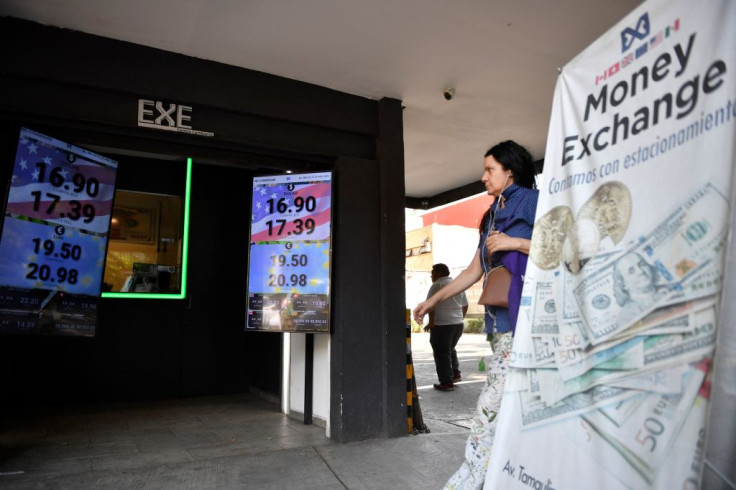
heari, local Civil Beat reported.
Gregorio Cordova Murrieta, 48, lived in ʻAiea with his fiancée and operated a tile and countertop business. On June 26, agents arrested him at home for illegally reentering the United States after being deported in 2008. He later pleaded guilty in federal court in Honolulu to the reentry charge and faces up to two years in prison, a $250,000 fine, and deportation at his Sept. 9 sentencing hearing, as Civil Beat explains.
According to a criminal complaint, Cordova was identified after Homeland Security Investigations accessed records of his remittances to Mexico. The data came from the Transaction Record Analysis Center (TRAC), an Arizona nonprofit created after a 2010 settlement with Western Union requiring money transfer companies to share transaction details.
TRAC now holds hundreds of millions of records, including names and addresses of senders.
Cordova had used his Mexican passport and home address in Hawaiʻi to send 11 transfers since 2021. His fiancée, Grace Perez Parra, told Civil Beat that Cordova never believed he was at risk. "He wasn't scared, because people do it all the time. He wasn't walking on eggshells. 'No, Mama, they're gonna get criminals,'" she recalled him saying.
Civil liberties advocates say the case raises constitutional questions. Critics, including analysts at the Cato Institute and Georgetown University's Center on Privacy and Technology, argue that bulk collection of financial data without a warrant may violate the Fourth Amendment. "They are sidestepping that constitutional requirement," said Emerald Tse of Georgetown.
Oregon Sen. Ron Wyden has also questioned Homeland Security's use of TRAC, noting the agency issued bulk subpoenas despite restrictions meant for customs investigations:
"This unorthodox arrangement between state law enforcement, DHS and DOJ agencies to collect bulk money-transfer data raises a number of concerns about surveillance disproportionately affecting low income, minority and immigrant communities"
TRAC director Rich Lebel told Civil Beat the database is "not conducive to immigration related investigations" and is primarily used for money laundering cases. Cordova explained his guilty plea in court simply: "I returned to the United States knowing I wasn't supposed to enter the United States again."
Remittances are both routine and vital: migrants in the U.S. sent $93 billion abroad in 2024, with nearly two-thirds going to Mexico, according to the Niskanen Center. But new reporting suggests that flow is slowing. Mexico is on track to lose nearly $4 billion in remittances this year if current trends hold, with a 5.8% decline since January and a steep 16% year-on-year drop in June, according to Border Report. The Mexican central bank now expects about $61 billion in remittances for 2025 — a reversal after 11 straight years of growth.
© 2025 Latin Times. All rights reserved. Do not reproduce without permission.




